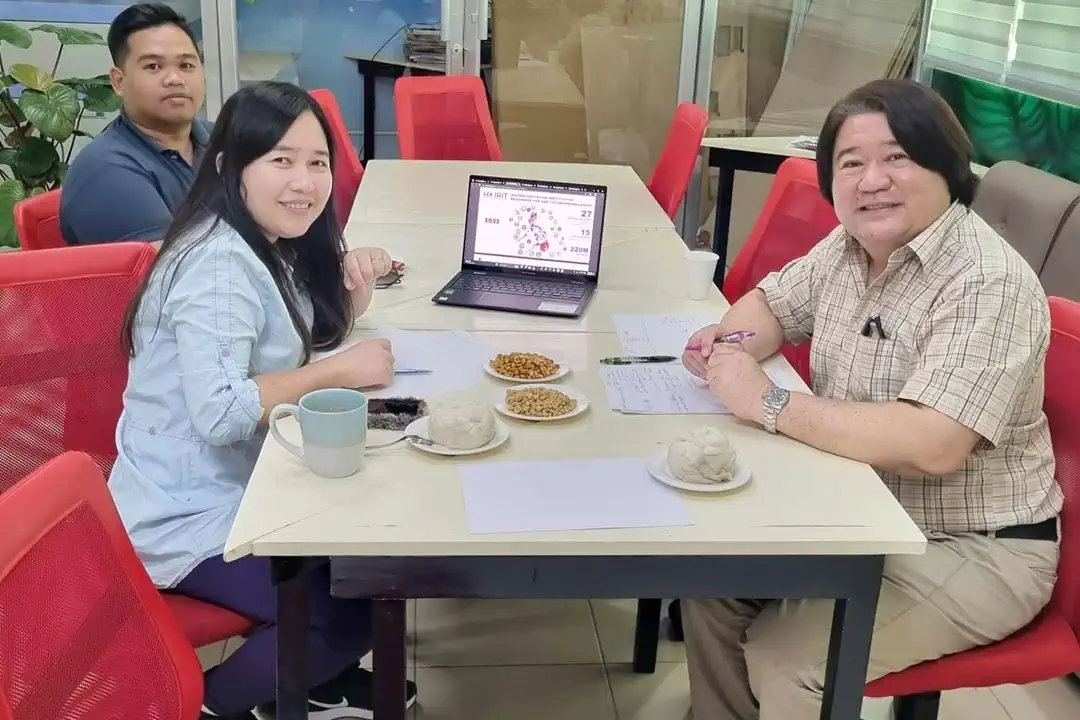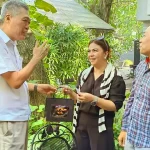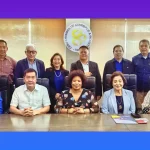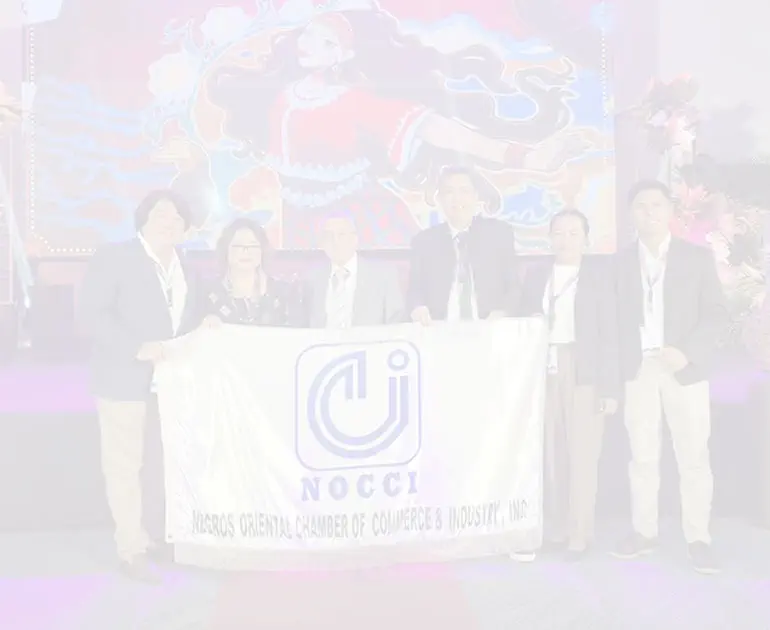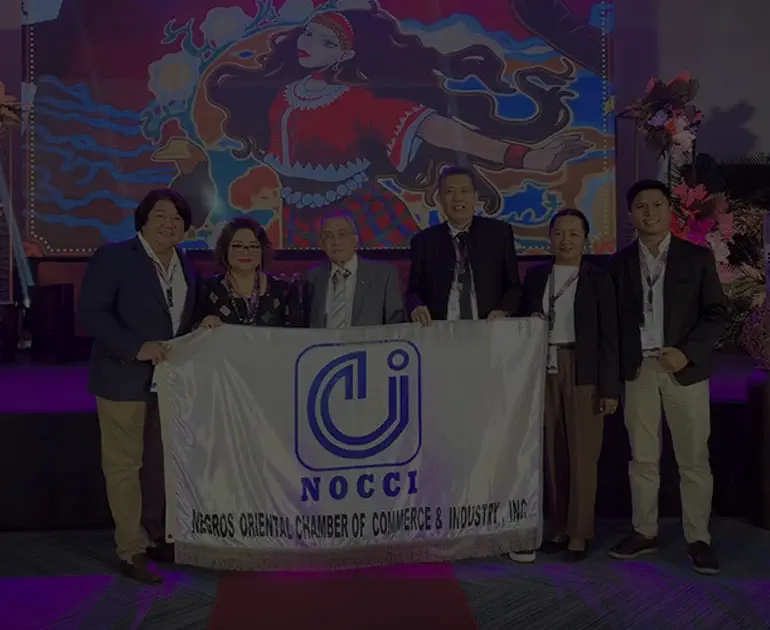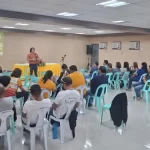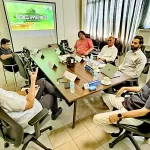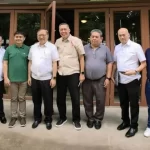Negros Oriental Chamber of Commerce and Industry (NOCCI) Executive Director John Jalandoni had a meeting with Silliman University-Technology Business Incubator (SU-TBI) Manager, Prof. Janice Antoniette Forster, regarding the Creative Sector Ecosystem in Dumaguete City and Negros Oriental. The meeting was held at Silliman University, Dumaguete City.
NOCCI Director Discusses Creative Sector with Silliman TBI Manager
In a strategic meeting aimed at fostering the growth of the creative sector in Dumaguete City and Negros Oriental, Negros Oriental Chamber of Commerce and Industry (NOCCI) Executive Director John Jalandoni engaged with Silliman University-Technology Business Incubator (SU-TBI) Manager, Prof. Janice Antoniette Forster. Held at Silliman University, this discussion centered around enhancing the creative sector ecosystem in the region, recognizing its potential to drive economic development and innovation.
John Jalandoni, known for his expertise in business development and investment promotion, emphasized the importance of the creative sector as a pivotal component of the local economy. He pointed out that Dumaguete City and Negros Oriental have a rich cultural heritage and a burgeoning community of artists, designers, and tech innovators. Leveraging this talent pool, he argued, could position the region as a hub for creative industries.
Prof. Janice Forster, a respected figure in technology business incubation, highlighted the role of SU-TBI in supporting startups and creative enterprises. She explained that SU-TBI provides critical resources such as mentoring, funding opportunities, and workspace, which are essential for the growth and sustainability of new ventures. Forster noted that fostering a collaborative environment where creative professionals can thrive is key to building a robust ecosystem.
The meeting explored several strategic initiatives to support the creative sector. Jalandoni and Forster discussed the potential for establishing a creative hub that would serve as a central point for collaboration, innovation, and business development. This hub would provide a physical space where artists, designers, tech enthusiasts, and entrepreneurs can work together, share ideas, and access resources.
One of the key topics was the integration of technology into the creative sector. Jalandoni and Forster agreed that embracing digital tools and platforms is crucial for modernizing traditional practices and reaching a broader audience. They discussed the possibility of organizing workshops and training programs to equip local creatives with the necessary skills in digital marketing, e-commerce, and multimedia production.
Another focal point was the need for networking and partnership opportunities. The two leaders emphasized the importance of creating connections between local creatives and larger markets, both domestically and internationally. They considered hosting events such as exhibitions, trade fairs, and industry conferences to showcase the region’s creative talents and attract potential investors and collaborators.
Jalandoni and Forster also addressed the importance of policy support and advocacy. They recognized that a supportive regulatory environment is essential for the growth of the creative sector. Discussions included advocating for policies that provide financial incentives, reduce bureaucratic hurdles, and create a conducive business environment for creative enterprises.
The collaborative spirit of the meeting reflected a shared vision for the future of the creative sector in Dumaguete City and Negros Oriental. Both Jalandoni and Forster expressed optimism about the region’s potential to become a leading creative hub in the Philippines. They committed to working closely together and with other stakeholders to implement the discussed initiatives and drive the sector’s growth.
NOCCI Executive Director John Jalandoni and SU-TBI Manager Prof. Janice Forster marked a significant step towards nurturing the creative sector ecosystem in Dumaguete City and Negros Oriental. Their strategic discussion laid the groundwork for initiatives that will support local creatives, promote innovation, and contribute to the region’s economic development. The collaboration between NOCCI and SU-TBI underscores the importance of partnerships in driving sustainable growth and highlights the creative sector’s vital role in the region’s future.


